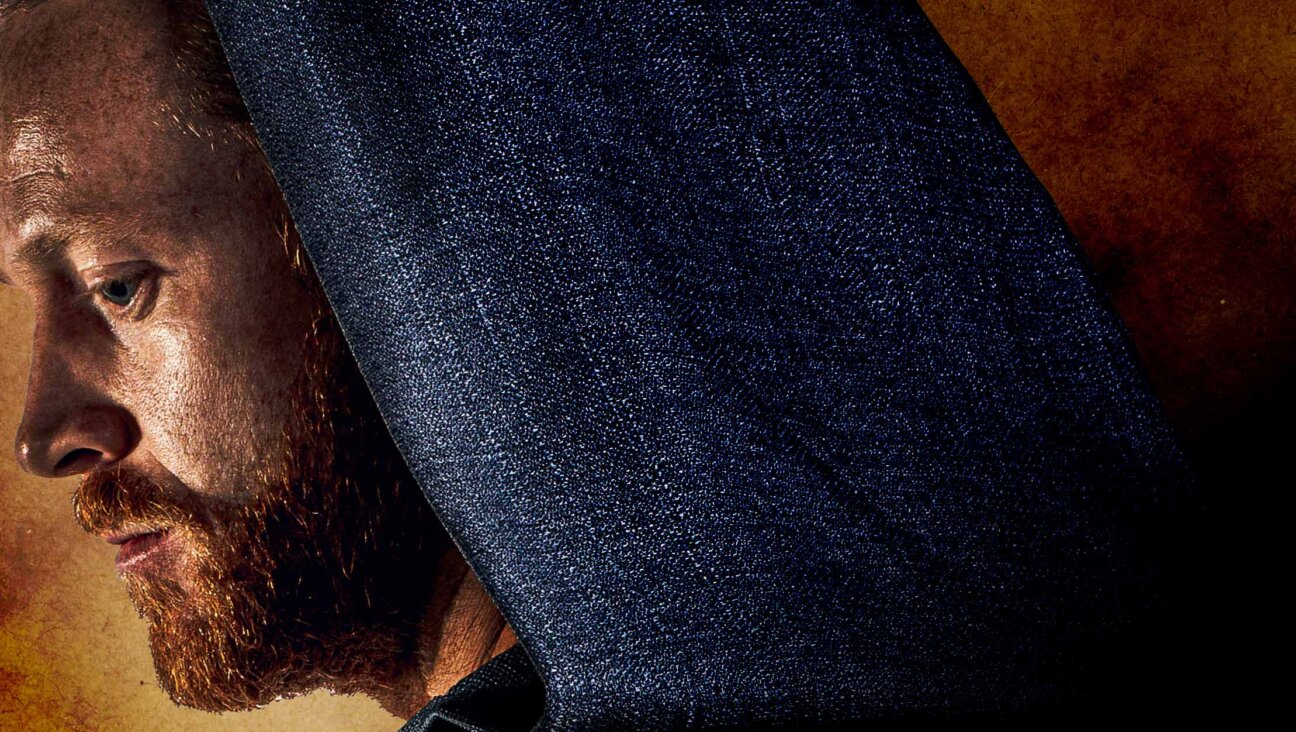Court Throws Out Jews for Jesus Suit In Sunshine State
HOLLYWOOD, Fla. — A Florida judge has dismissed a $1 million lawsuit filed by a Jewish woman who claims Jews for Jesus wrongly identified her as a follower.
Edith Rapp, a Delray Beach resident, filed the lawsuit against Jews for Jesus at the end of last year. She claimed that at the behest of her stepson, Bruce Rapp, the organization published a false announcement in its July 2002 newsletter claiming that she had tearfully accepted the beliefs of the organization as her husband — Bruce’s father — lay dying a few weeks earlier.
The lawsuit was filed in December 2003, as Jewish organizations were waging a two-week campaign in Palm Beach County against out-of-town Jews for Jesus missionaries. Edith Rapp said that she only filed the defamation lawsuit after her letters to Jews for Jesus asking for a retraction and an apology went unanswered.
Florida Circuit Court Judge Catherine Brunson dismissed the case on the grounds that it was not defamatory to call someone a believer in Jesus or a Christian. The lawyers for the San Francisco-based Jews for Jesus had argued that labeling someone a “Jewish believer” in Christ is not defaming because it is not offensive to a reasonable person.
“Even if most Jews in Palm Beach County dislike Jews for Jesus, the law will not give effect to religious prejudice,” said Erik Stanley, an attorney representing Jews for Jesus. “This ruling upholds Jews for Jesus’ right to free speech.”
Stanley is associated with Liberty Counsel, an Orlando-based nonprofit education and litigation organization with the stated mission of “promoting religious freedom and traditional family values.”
Rapp’s lawyer, Rabbi Barry Silver, a religious leader of Congregation L’Dor Va-Dor, a Reform synagogue in Boynton Beach, rejected the court’s reasoning. “It’s not just that they are claiming she is Christian, but they are saying she belongs to a particular sect whose goal is the elimination of Judaism,” Silver told the Forward. Next, the lawyer added, he plans to amend Rapp’s complaint and file for a motion of clarification on the judge’s decision.
The lawsuit sought an order forbidding Jews for Jesus from promoting their activities in Palm Beach County until the organization based its activities on “truth rather than fraud.”
Stanley argued to the Forward that Rapp’s lawsuit represented an “attack on the organization” because it described Jews for Jesus as an extreme group that uses fraudulent practices.
Rapp’s complaint also alleged that the organization targets elderly individuals for conversion through deception and practices antithetical to Judaism.
According to Silver, Bruce Rapp made up the story about his stepmother’s alleged conversion in an effort to advance himself within Jews for Jesus and to humiliate his stepmother for resisting his insistent badgering that she and her late husband convert.
Edith Rapp said that the family feud grew out of a confrontation that took place around her husband’s deathbed. According to her version of events, the stepson, a full-time missionary at the New York branch of Jews for Jesus, had come to say goodbye to his dying father. Fearing that Bruce Rapp would try and convert her ill husband, Edith Rapp said that she insisted on remaining in the room while her stepson read from the Bible. Weeks later, a relative searching online found a copy of Bruce Rapp’s essay in the Jews for Jesus publication detailing how his stepmother had supposedly accepted Jesus as her savior and how the two said the “sinner’s prayer” together.
“I was devastated that he would do this to me,” Rapp told the Forward. “We told him when he tried to influence us that we were not interested.”
When asked about the judge’s decision, Rapp said that she was “very disturbed” by the whole situation. “I just didn’t want my name associated with this organization,” she said.
A message from our CEO & publisher Rachel Fishman Feddersen

I hope you appreciated this article. Before you go, I’d like to ask you to please support the Forward’s award-winning, nonprofit journalism during this critical time.
At a time when other newsrooms are closing or cutting back, the Forward has removed its paywall and invested additional resources to report on the ground from Israel and around the U.S. on the impact of the war, rising antisemitism and polarized discourse.
Readers like you make it all possible. Support our work by becoming a Forward Member and connect with our journalism and your community.
— Rachel Fishman Feddersen, Publisher and CEO






















